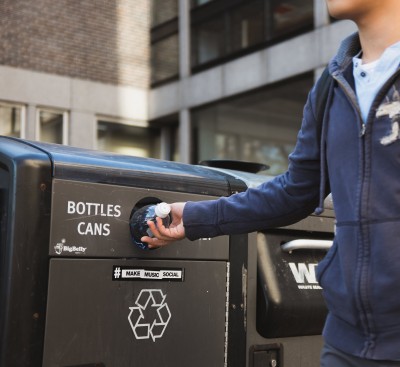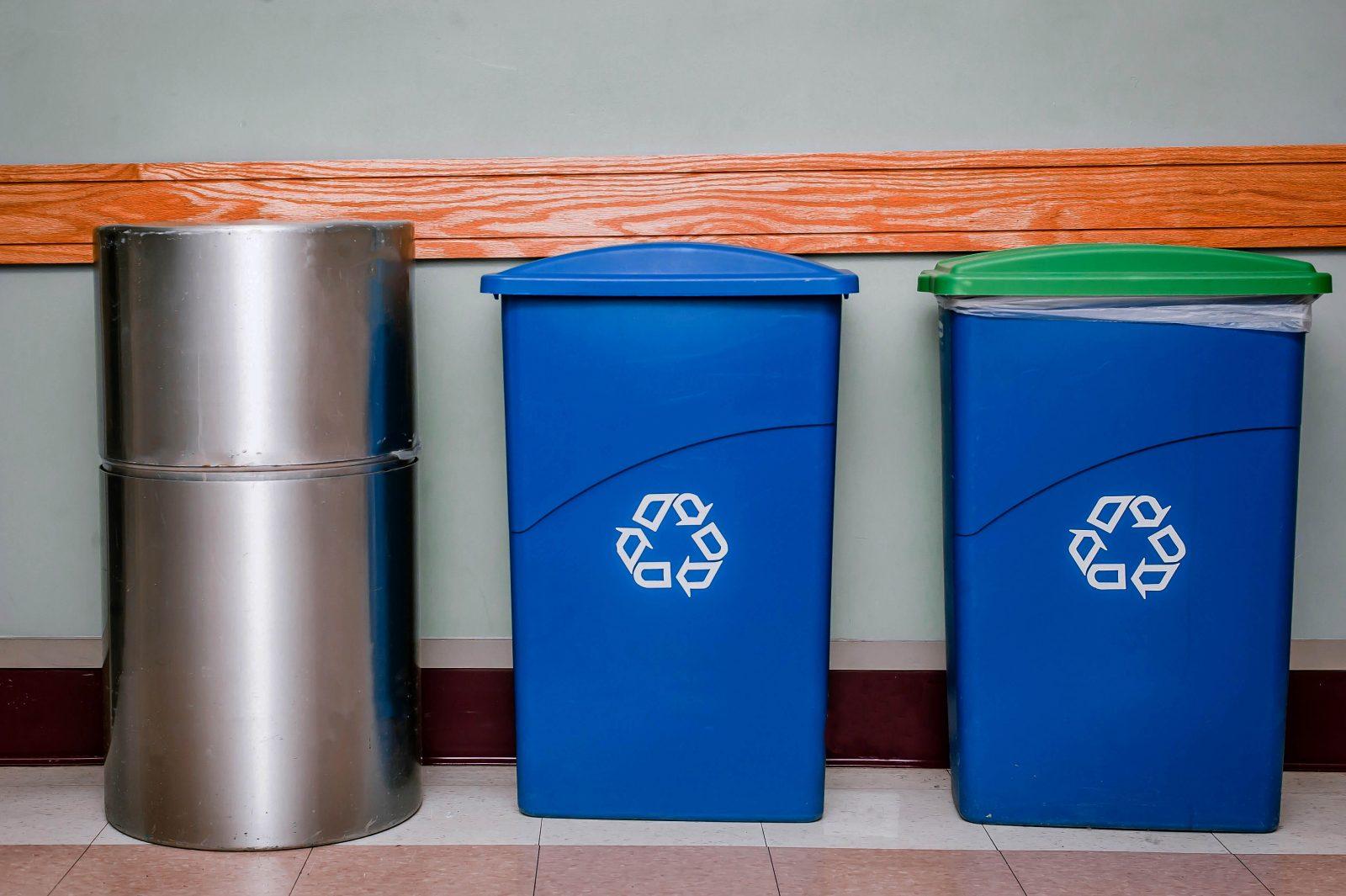Boston-based college students are surrounded each day by leaders striving to reduce their environmental impact. So why don’t most BU students do more than share a socially-conscious posts on Instagram? Here are some ways you can be more eco-friendly while on campus.

IN YOUR DORM
Keeping your dorm eco-friendly may sound like it takes up a great deal of time and effort, but in reality just a few changes can go a long way.
While you’re out of the room during the day for class, work, or some afternoon fun, make sure to unplug your chargers that aren’t actively charging anything turn the lights off. Cutting down on how much electricity you’re using when away is already taking a big step towards maintaining an eco-friendly dorm.
Another thing to be aware of are the recycling bins in or near dorms on campus. By keeping track of everyday items such as an empty shampoo bottle or smaller things like the cardboard packaging your DayQuil came in — and then placing them in the right bins — you are actively doing your part.
College students never have enough time for everything they want or need to do, so save some time and water by taking shorter showers to save water.
IN THE LAUNDRY ROOM
The laundry room is another place on campus where a little effort can make a huge difference. Using cold water for the wash cuts down on the amount of electricity you’re using. Combining two loads of laundry by fitting them into the same dryer saves energy and money.
IN THE DINING HALL
With so many options in the dining hall, it can be hard to remember to not stuff your plate with food you’ll just end up throwing out. However, this is an important measure that, if taken by every BU student, could make a big difference. Remember, the same meal will make its way back onto the menu eventually, so you don’t need to eat everything in one sitting!
Opt for the cleaner, more raw choices, like the vegan station, salads or vegetable sides. Go meatless if and when you can. You can even hit up some of the many farmers markets in Boston as an additional excursion!
Both at restaurants and at the George Sherman Union, try to eat in so you don’t create more waste with take-out packaging. You can also buy reusable to-go containers for use in the GSU Union Court, which will give you a discount on your meals there.
IN CLASS
Many students already prefer to use their laptop to take notes, especially in a large lecture hall. Going digital is basically a win-win because we save trees while simplifying our lives by keeping everything in one place, as long as your professor permits it.
Don’t take a plastic disposable water bottle to class with you — instead, utilize a reusable bottle.
AT THE COFFEE SHOP
Many college students, running on minimal sleep, often turn to caffeine to help them get through the day. Bring your own mug when ordering a drink. Many businesses — including Starbucks on campus — will offer you a few cents off your purchase.
ON THE MOVE
We’re lucky enough to live in a walkable city where we don’t always need cars to get around. If you don’t feel like walking, you can bring a bike to campus or utilize the Bluebikes share system. As easy as it is to tap your phone and have an Uber arrive in front of your dorm, if it’s not too far, then just walk.
ADVOCATE ON CAMPUS
There are plenty of different clubs and organizations devoted to protecting our planet that you can join on campus: Divest BU, Environmental Student Organization, Beekeepers Club, Net Impact, Climate Advocacy, Research and Education, Sustainable Ocean Alliance and Veg Club. Look for them and many others at Splash! You can also join communities such as the Earth House specialty housing, Epsilon Eta, the professional co-ed environmental fraternity and the sustainability@BU initiative.
Remember to stay informed, participate in the movement and take small steps of your own toward saving our planet.


















































































































